Academic Publications
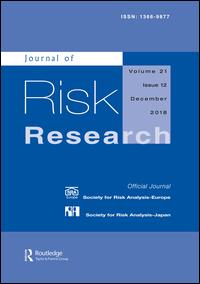
Outbreak! Socio-cognitive motivators of risk information sharing during the 2018 South Korean MERS-CoV epidemic
Journal of Risk Research
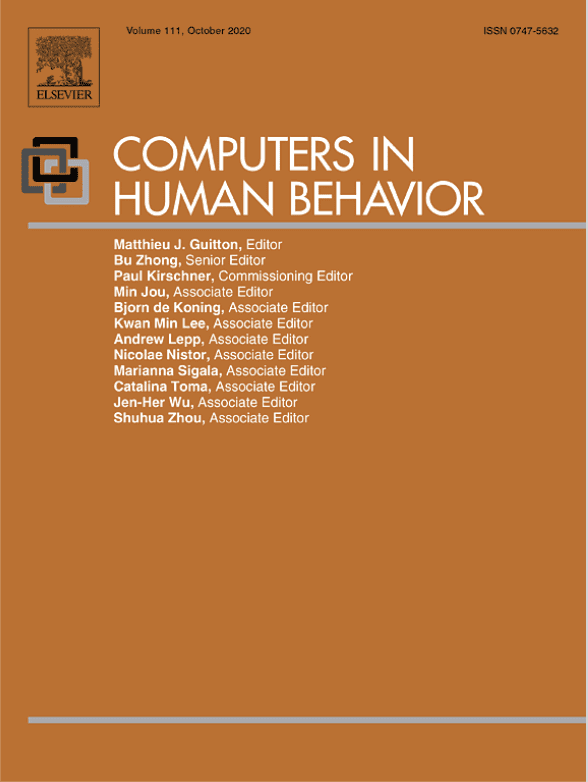
The downsides of digital labor: Exploring the toll incivility takes on online comment moderators
Computers in Human Behavior, 107, 1-9

From hanging out to figuring it out: Socializing online as a pathway to computational thinking
New Media & Society
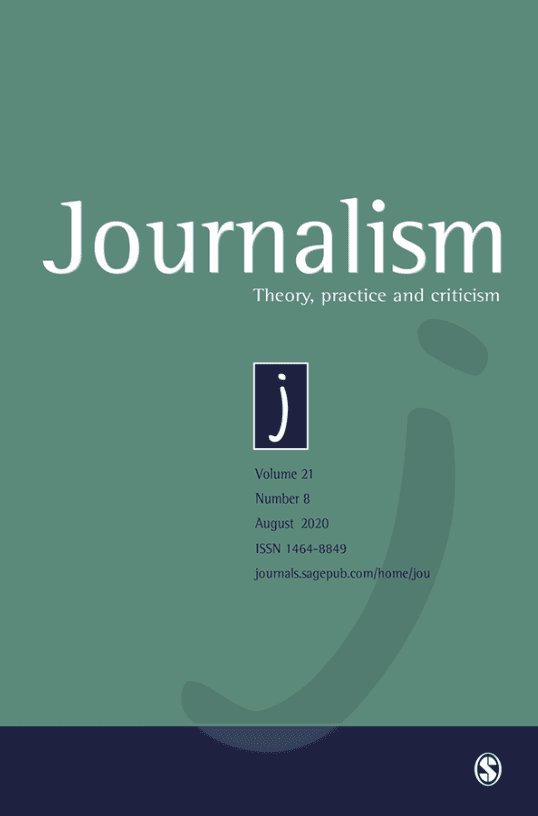
Predicting perceptions of incivility across 20 news comment sections
Journalism (in press)

Media and intervention: Examining representations of Afghan women in the New York Times
Journalism Practice, 15(5)
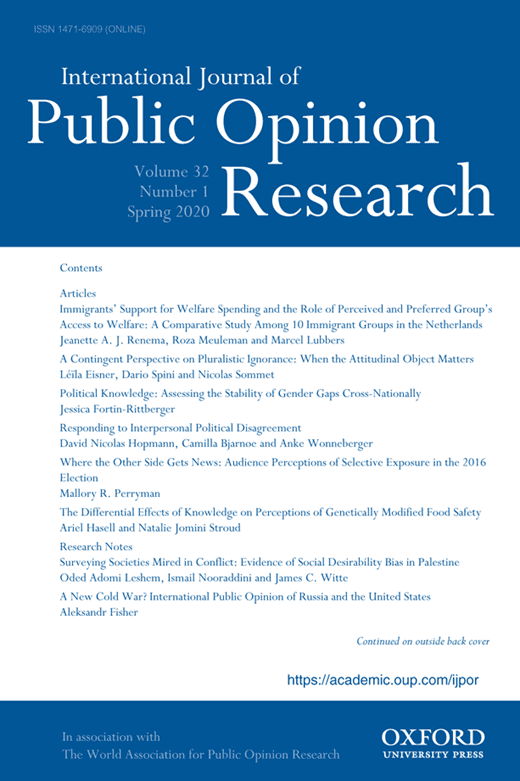
The Differential Effects of Knowledge on Perceptions of Genetically Modified Food Safety
International Journal of Public Opinion Research, 32(1), 111-131
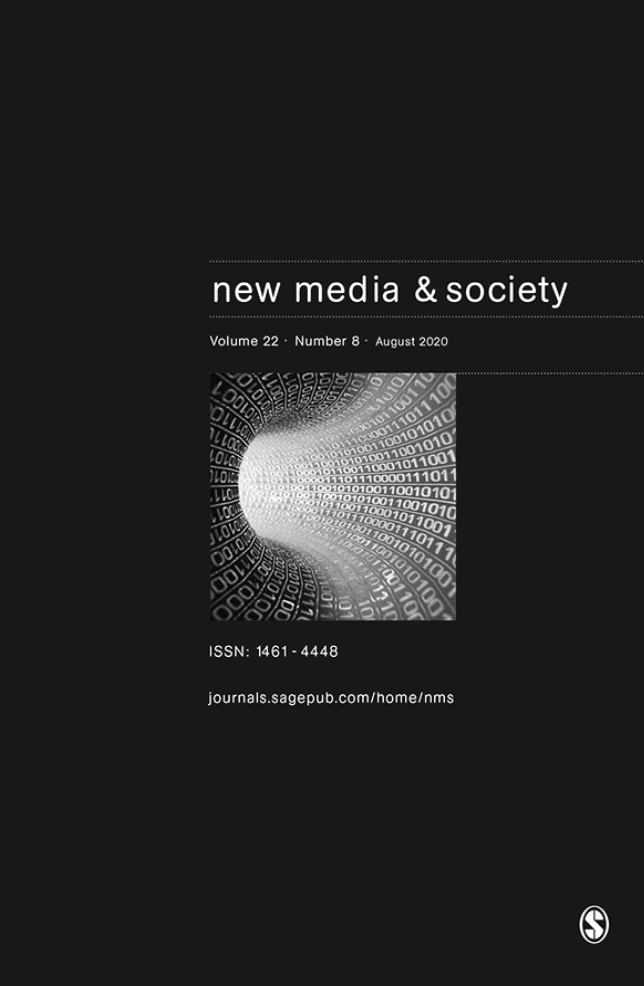
The curiosity effect: Information seeking in the contemporary news environment
New Media & Society, 22(3), 429–448

Gaming communication on the global stage: Social media disinformation and crisis situations
Hoover Institution
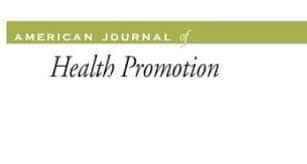
Race/Ethnic Variations in Predictors of Health Consciousness within the Cancer Prevention Context
American Journal of Health Promotion
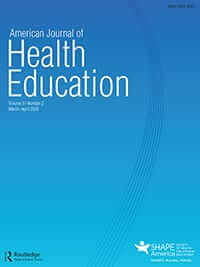
Designing and implementing an educational social media campaign to increase HPV vaccine awareness among men on a large college campus
American Journal of Health Education, 1-11
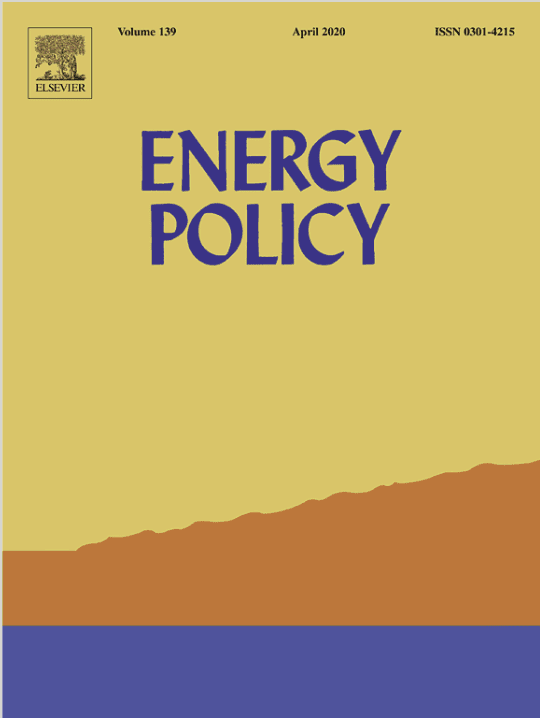
Understanding Public Support for Carbon Capture and Storage: The Roles of Social Capital, Stakeholder Perceptions, and Perceived Risk/Benefit of Technology
Energy Policy, 139, 111312
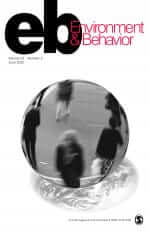
Avoiding trouble: Exploring environmental risk information avoidance intentions
Environment and Behavior, 52, 187-218
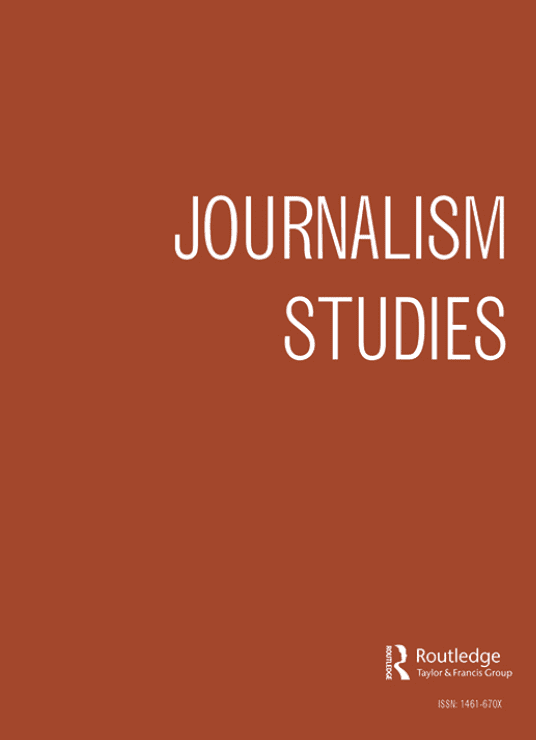
Enacted journalism takes the stage: How audiences respond to reporting-based theater
Journalism Studies, 21(6), 713-730
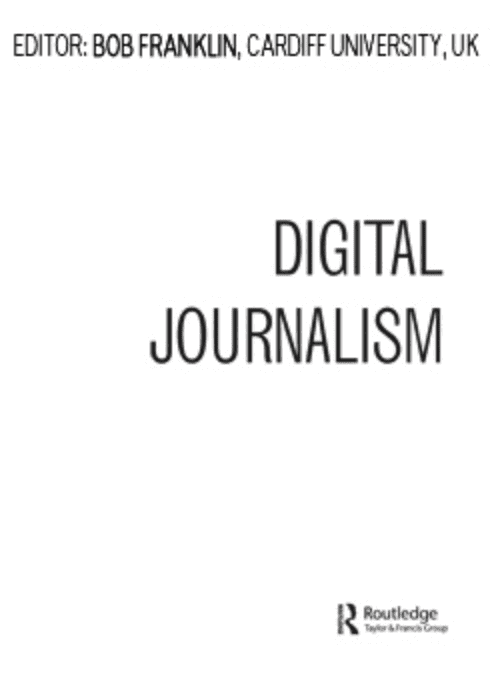
The effects of mobile push notifications on news consumption and learning
Digital Journalism, 8(1), 32-48
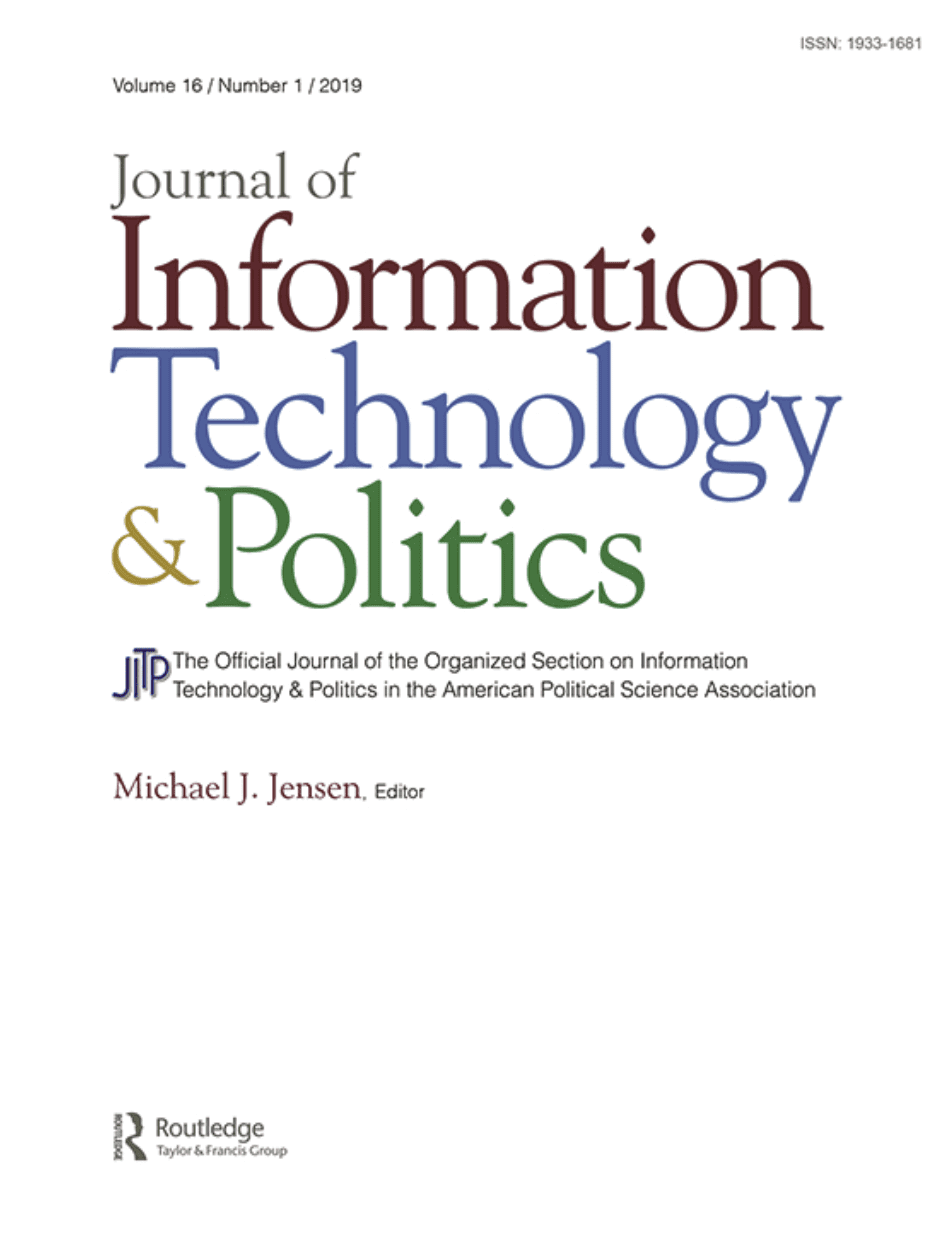
Exploring how online political quizzes boost interest in politics, political news, and political engagement
Journal of Information Technology & Politics, 17(1), 33-47
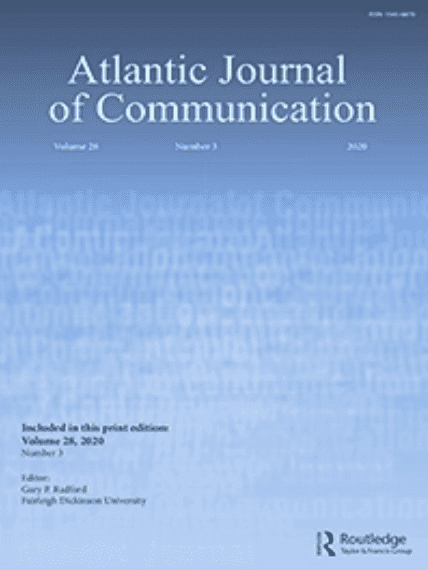
Shut down or turn off? The interplay between news overload and consumption
Atlantic Journal of Communication, 28(2), 125-137
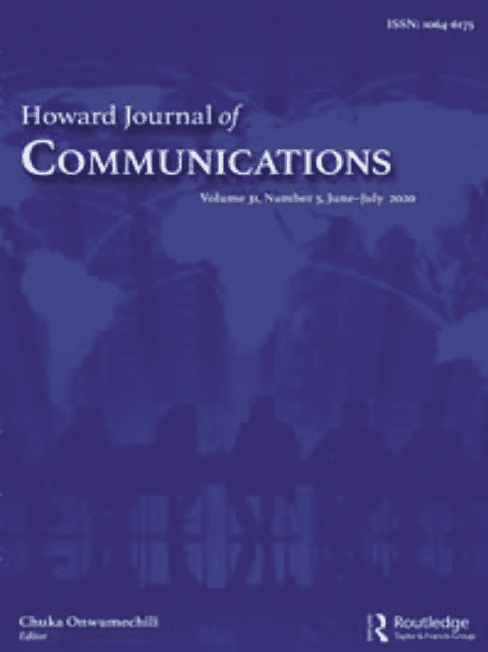
Can we talk about race? Exploring online comments about race-related shootings
Howard Journal of Communications, 31(1), 35-49
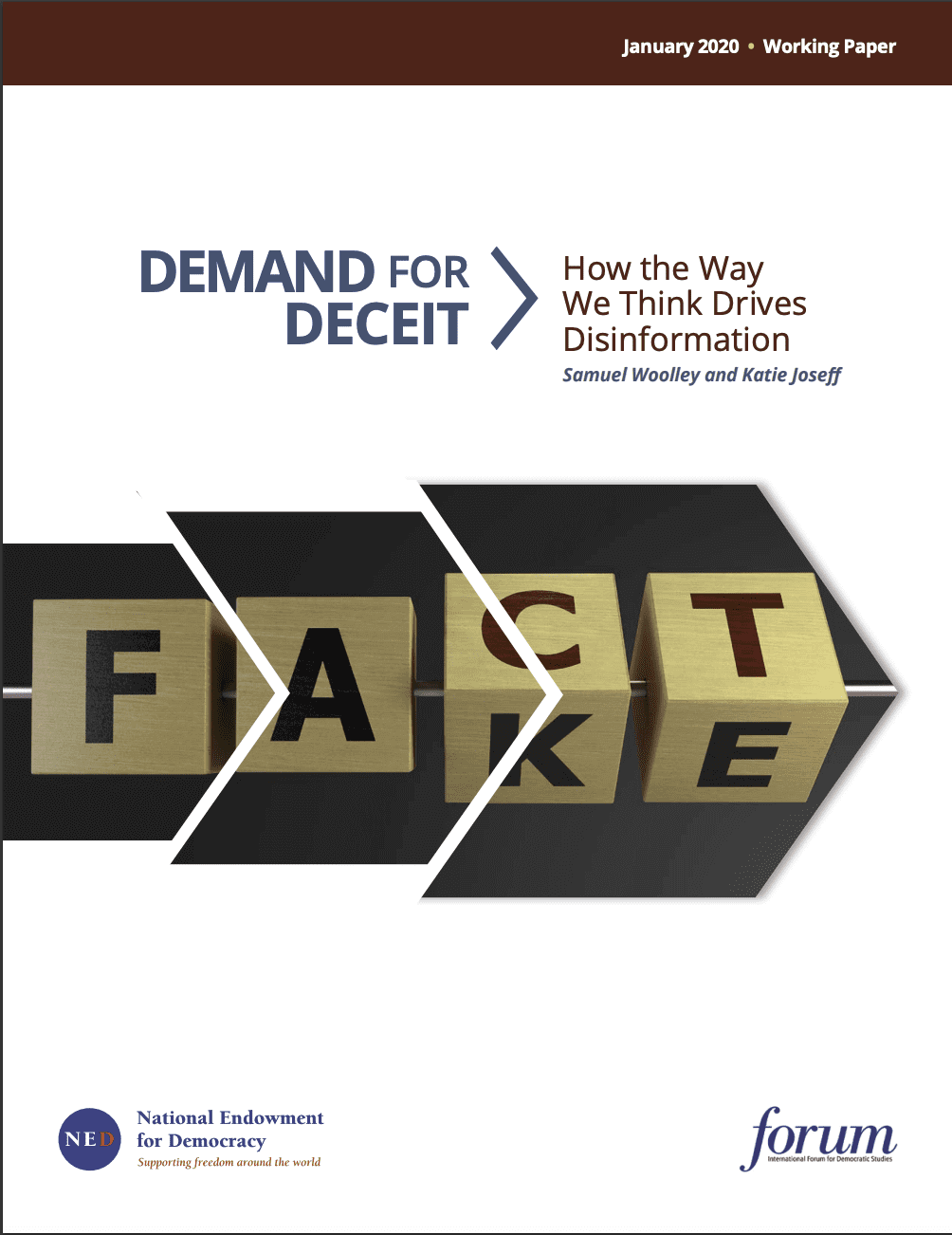
The demand for deceit: How the way we think drives disinformation
National Endowment for Democracy
Environmental Risk (and Benefit) Information Seeking Intentions: The Case of Carbon Capture and Storage in Southeast Texas
Environmental Communication, 1-18

Disinformation as collaborative work: Surfacing the participatory nature of strategic information operations
Proceedings of the ACM on human-computer interaction, 3 (CSCW), 1-26

Strategic science communication as planned behavior: Understanding scientists’ willingness to choose specific tactics
PloS one, 14(10)
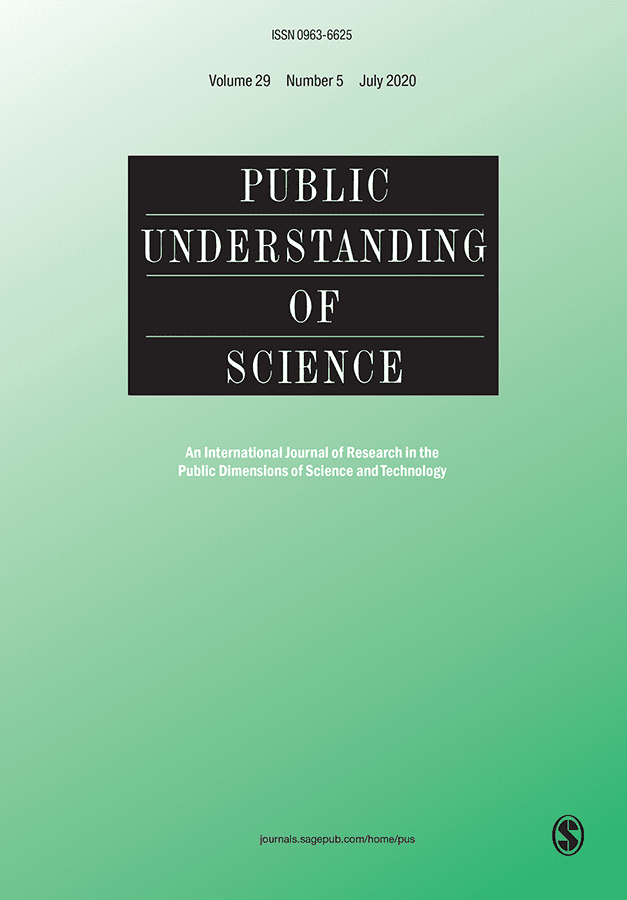
Public perceptions of who counts as a scientist for controversial science
Public Understanding of Science, 28(7), 797–811

Social media engagement with strategy- and issue-framed political news
Journal of Communication, 69(5), 443-466
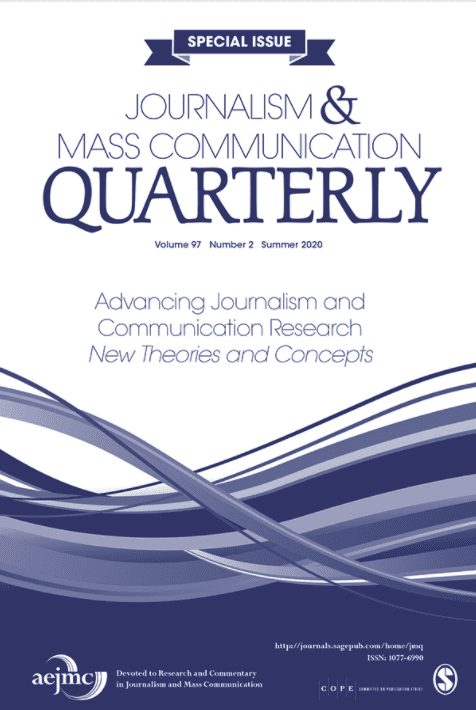
Fearful Conservatives, Angry Liberals: Information Processing Related to the 2016 Presidential Election and Climate Change
Journalism & Mass Communication Quarterly, 96, 742-766
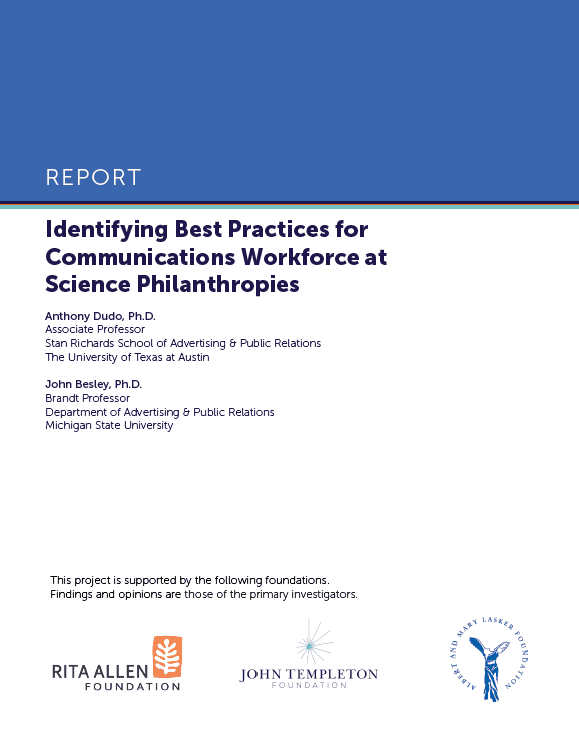
Research Shows How to Advance Public Understanding of Science
Rita Allen Foundation
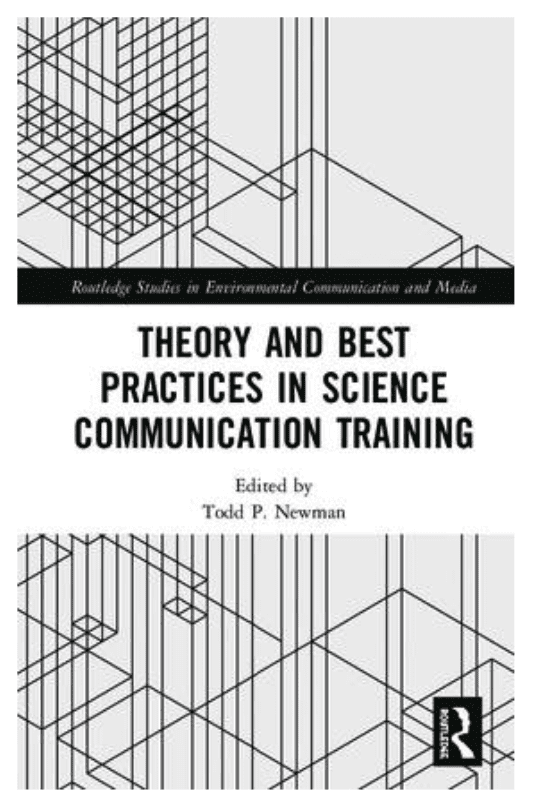
Scientists, trainers, and the strategic communication of science
In T. Newman (Ed.), Theory and best practices in science communication training (pp. 9-31). Routledge
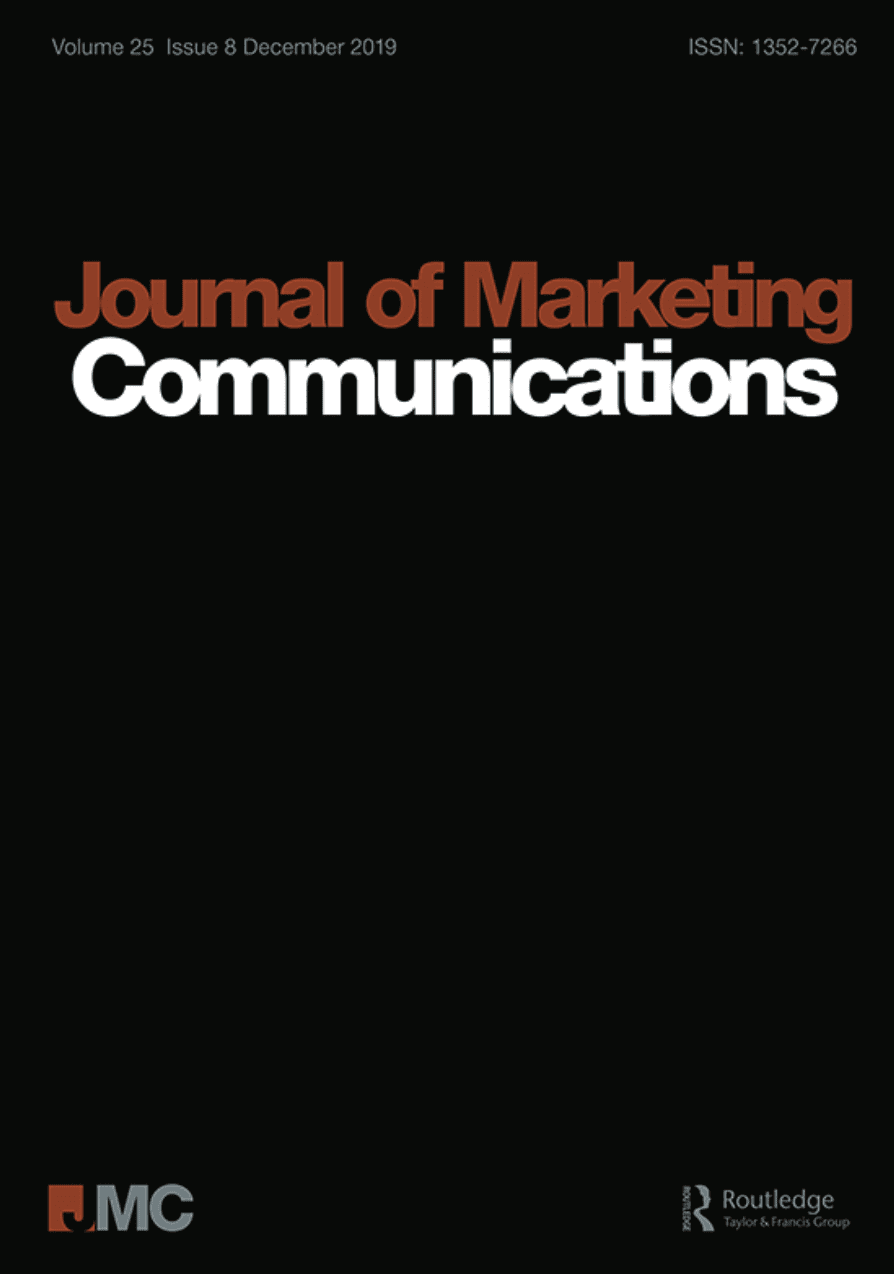
Effects of message objectivity and focus on green CSR communication: The strategy development for a hotel’s green CSR message
Journal of Marketing Communications, 1-21
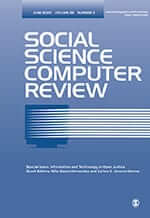
The gender gap in online news comment sections
Social Science Computer Review. 2021;39(2):181-196
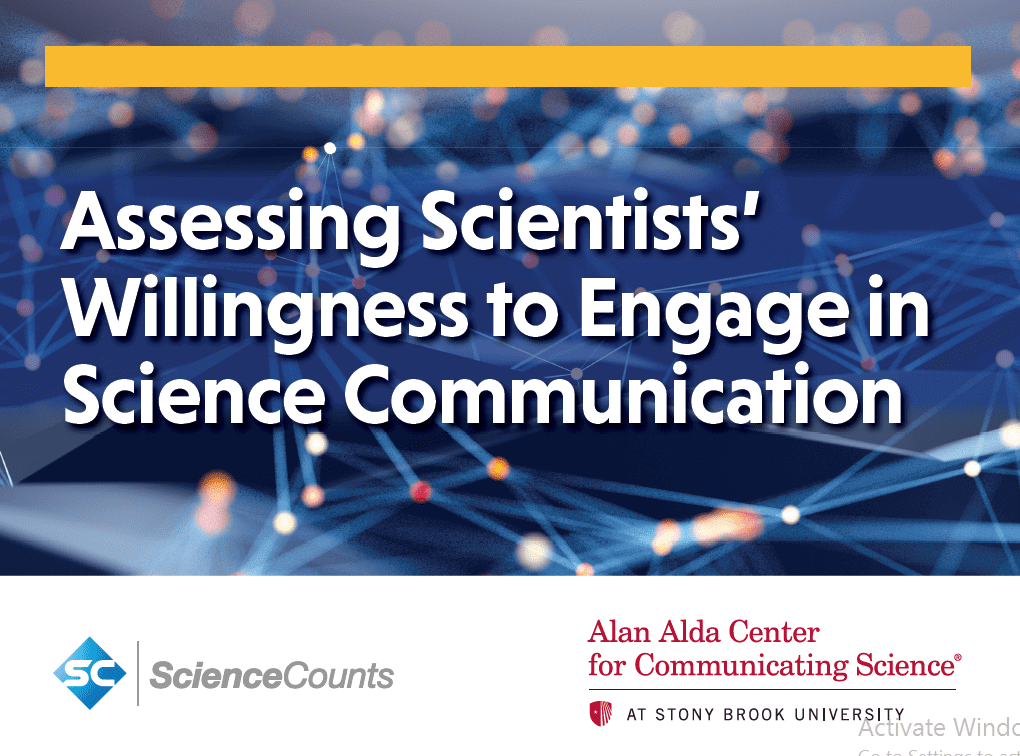
Survey examines scientists’ attitudes toward public engagement
Alan Alda Center for Communicating Science at Stony Brook University
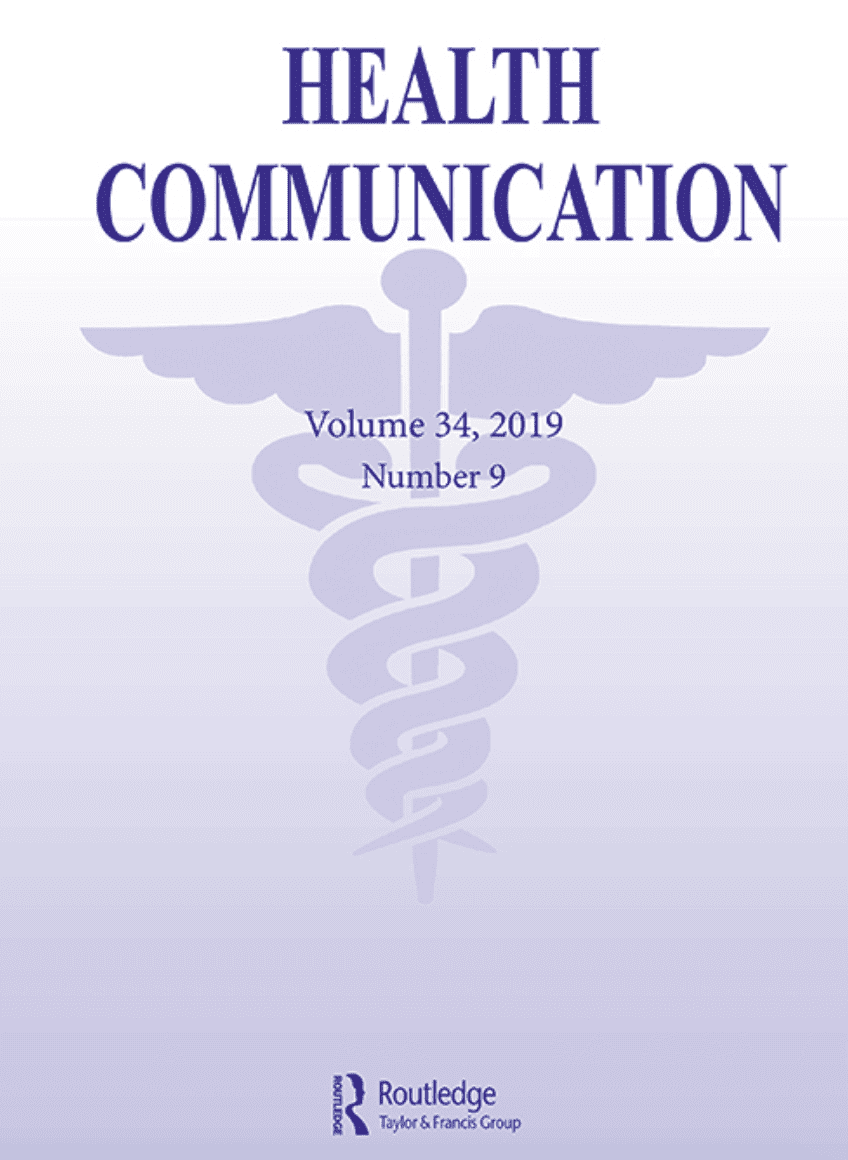
No regrets when it comes to health: Anticipated regret, informational subjective norms, information insufficiency and intent to seek information from multiple sources
Health Communication, 1-8

